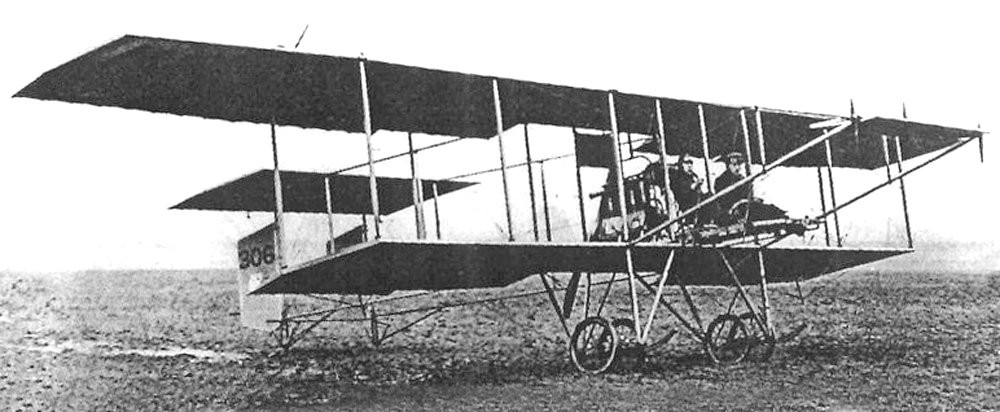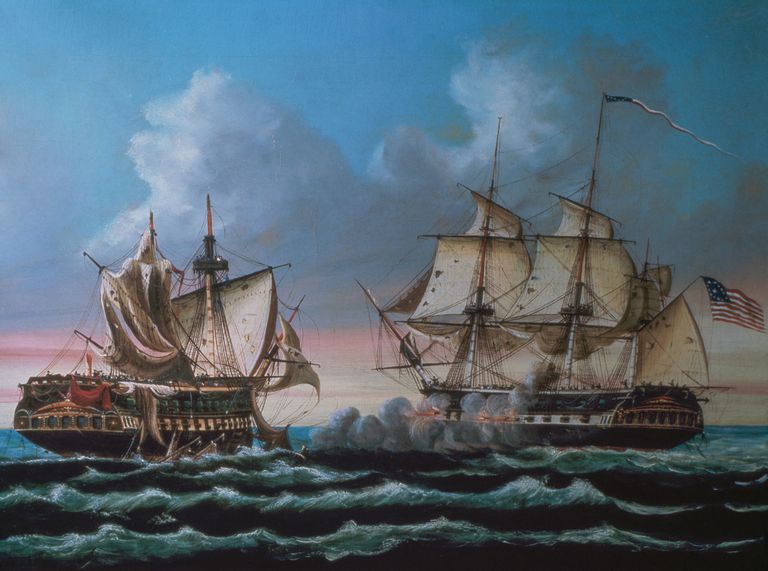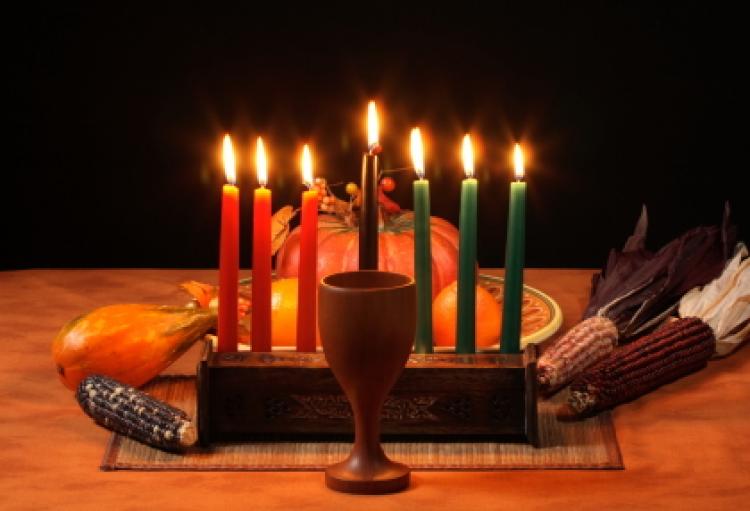December 16 — December 31, 2020
History Matters
Showing our children that their past is prelude to their future
Orville and Wilbur Wright had an astute sense about how things worked, and–an enormous aptitude to build things, and monetize their businesses.
Early on, they set up a newspaper, and constructed printing presses; later, they operated a prosperous bicycle store, and designed bestselling bicycles with Charlie Taylor, an ingenious mechanic, and machinist. The profits generated from the variegated ventures–begun in 1892—financed their future flying machines.
In 1900, Orville and Wilbur constructed their first glider; two years later, it was fitted with a steering system, and a 12-cylinder internal combustion engine that was put in their new airplane. They took it to Kitty Hawk, NC, to run more tests. Then, on December 17, 1903, they launched the Wright Flyer with Orville at the controls. That inaugural flight of their gasoline-powered, propeller-driven biplane lasted 12 seconds, and flew only 120 feet, but it made history, and opened the Age of Aviation.
For more information, the Grateful American Book Prize recommends The Wright Brothers by David McCullough.

In 1812, the bullying British commandeered thousands of American seamen to serve in the Royal Navy; they ordered an economic blockade on France—the nation’s most loyal ally—and inflamed the Indian tribes in the Great Lakes.
In June of the same year, America’s “War Hawks” demanded retaliation, and—finally– got their way. President James Madison declared war. During the two years of combat, the world got a glimpse of America’s mighty military prowess.
The Treaty of Ghent—ratified on December 24, 1814, ended the enmities, but word did not reach the United States until the following year. The public was elated by the news, and President Madison left office a hero.
The Grateful American Book Prize recommends 1812: The War That Forged a Nation by Walter R. Borneman.

America has a proud history of diversity—a “melting pot” that is especially conspicuous during the winter holidays. Jewish communities celebrate Hannukah; Christians observe Christmas, and African Americans relish Kwanzaa, a feast which honors family, community, and culture; it was begun December 26,1966 by Dr. Maulana Karenga, chairman of Black Studies at California State University. The turmoil of the Civil Rights movement had not yet climaxed, and Professor Karenga “was deeply disturbed by the devastation and searched for a way to overcome the despair he felt had gripped the African American community,” according to History.com.
His intention was to “empower and unite the nation’s African American community” by creating a “nonreligious holiday that would stress the importance of family and community while giving African Americans an opportunity to explore their African identities.”
Kwanzaa is a seven-day festival—from December 26 through January 1. Each night grandparents, parents, children, and grandchildren gather to remember one of the seven Kwanzaa principles: unity, self-determination, collective work; responsibility, economic cooperation; purpose, creativity, and faith.
To learn more about Kwanzaa, the Grateful American Book Prize recommends A Kwanzaa Story: Or How One Gentleman Found His Way by Nancy Harrington.

History Matters is a biweekly feature courtesy of The Grateful American Book Prize.




